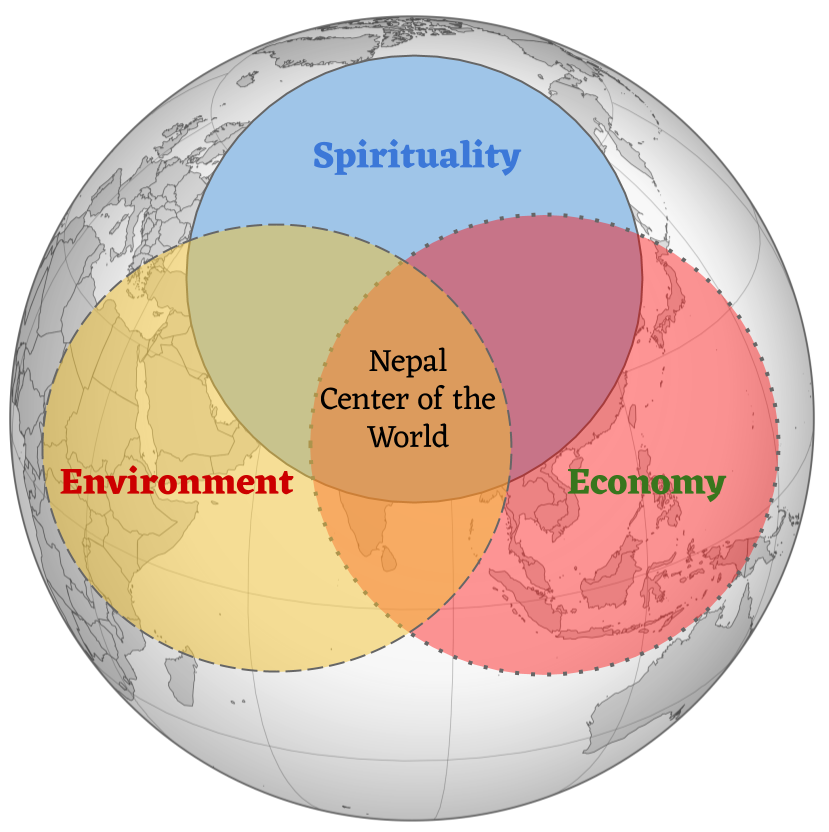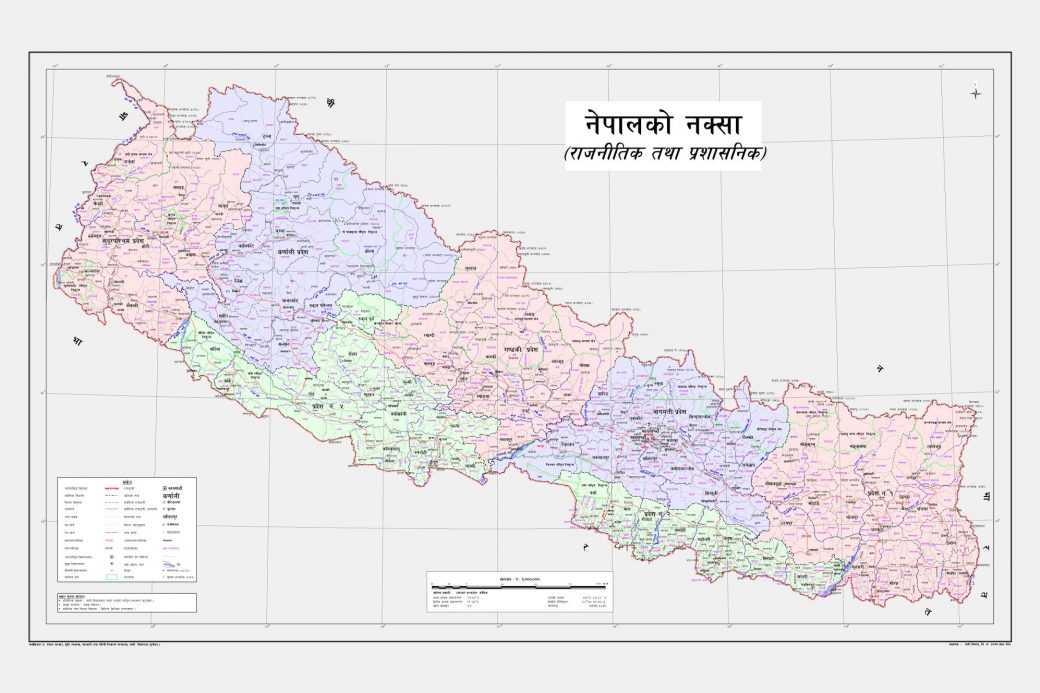“Can a small house continue to exist in between two skyscrapers?” At a function, a stranger bluntly asked me, hinting at Nepal’s reality between India and China.

I answered, “Of-course it will if that cottage happens to belong to a Guru, a teacher respected by the inhabitants of those two nearby skyscrapers. But, the property may not survive if it’s used as a grazing ground for “Gorus” (oxes/cattle). On the way back home, this random conversation got me thinking deeper. Whether it’s a house or a nation, their very survival depends on how they get along with their neighbors and how their neighbors perceive them. And that depends on the behavior of that house or that nation. If our neighbors perceive us as beggars, good-for-nothing types, then they will be tempted to “cure” us, in other words, they “intervene” on our internal affairs. If the neighbors see us as a place they can learn from, full of good cultures, morals and mindset, then they will respect us, find
Continue reading “Guru Nation, Nepal”

